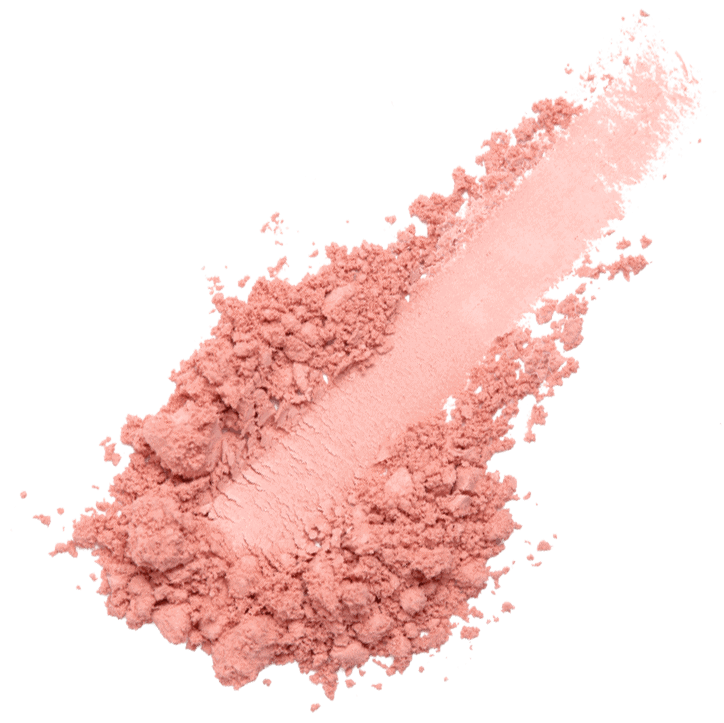Your Destination for Thoughtfully Curated Gift Hampers

we specialize in creating beautifully crafted gift hampers for every occasion. Whether you’re celebrating a birthday, Valentine’s Day, Easter, or simply want to send a heartfelt gift, our wide range of gift hampers is designed to bring joy to your loved ones.


Every hamper is thoughtfully designed with a combination of treats, gifts, and products that make each one special.

Add a personal touch with a custom message or tailored hamper to make your gift even more meaningful.

We focus on offering premium products, ensuring that every hamper is filled with high-quality, carefully selected items.
What Our Customers Are Saying

Perfect Birthday Surprise!
"I ordered a birthday hamper for my sister, and she absolutely loved it! The presentation was beautiful, and the products were top-notch. It was delivered on time in Sydney, and the customer service was fantastic. I will definitely be ordering again!"

Best Easter Hampers Ever
"We ordered a few Easter hampers for our family gathering, and they were a hit! The hampers were filled with delicious treats and came beautifully packaged. Everyone loved them, and they added a special touch to our Easter celebrations."
What We Offer
- Easter Gift Hampers: Celebrate with our fun and festive Easter hampers filled with seasonal goodies for the whole family.
- Valentine’s Day Hampers: Make Valentine’s Day extra special with our romantic, thoughtful hampers designed to show your love.
- Birthday Hampers: Surprise your loved ones with our unique and creative birthday hampers, delivered straight to their door.
- Gift Hampers Sydney: With convenient delivery options, we offer an easy way to send personalized hampers to your loved ones in Sydney and beyond.



Birthday Gift Hampers
Make birthdays extra special with our unique birthday gift hampers. Each one is filled with handpicked items that suit all tastes and preferences. Whether it’s a thoughtful treat or a luxurious surprise, we have the perfect hamper to make your loved one’s birthday unforgettable.
Easter Gift Hampers
Celebrate the joy of Easter with our delightful Easter gift hampers. Filled with festive goodies, chocolates, and treats, our hampers bring warmth and cheer to your Easter celebrations. Perfect for families, friends, or colleagues, our Easter hampers offer something for everyone.
Valentine’s Day Hampers
Show your love with our romantic Valentine’s Day hampers. Designed to sweep your loved one off their feet, these hampers include everything from decadent chocolates to luxurious pampering products. Let us help you create a truly memorable Valentine’s Day with our carefully curated gifts.
Posts
Our Services
Hurry up!
Ready to Send the Perfect Gift?
Get in touch with us today, and we’ll be happy to help make your gifting experience effortless and enjoyable.
